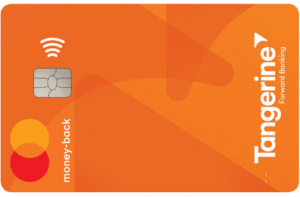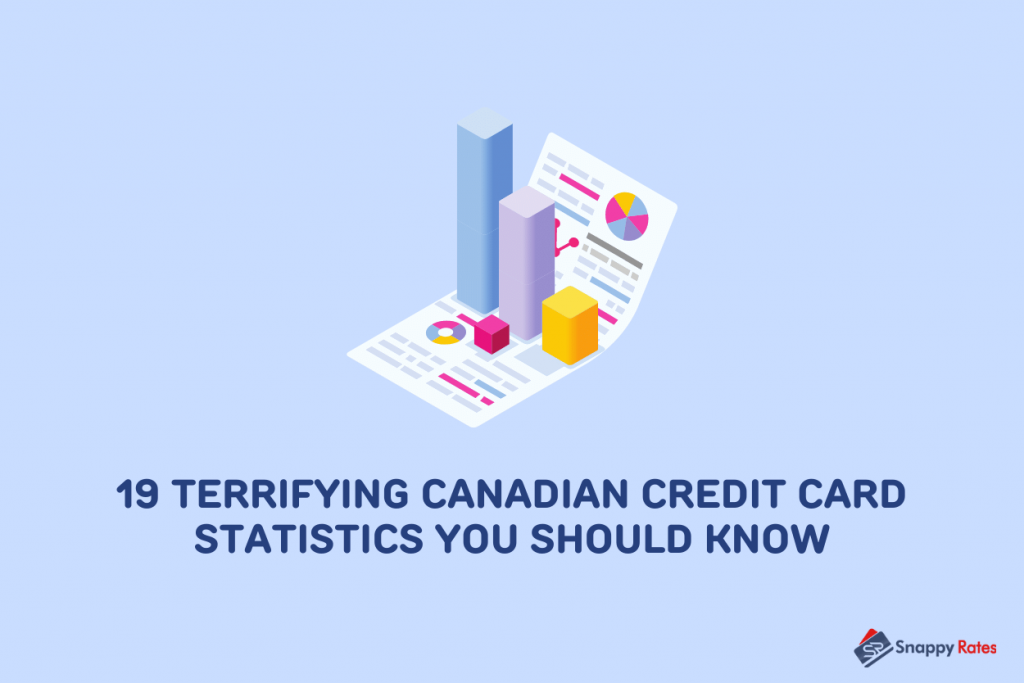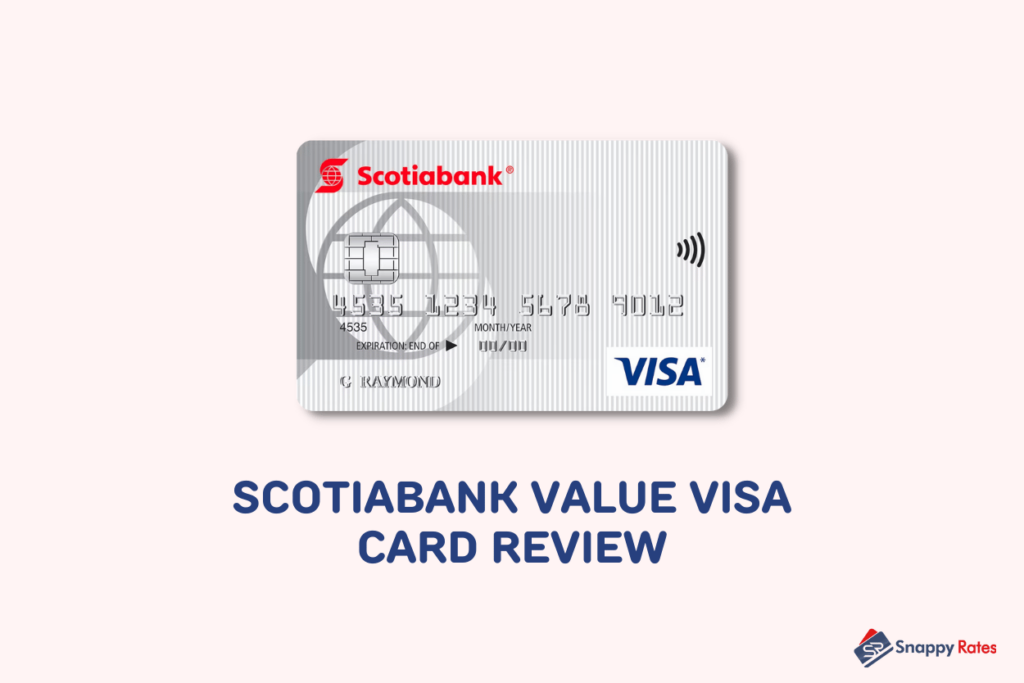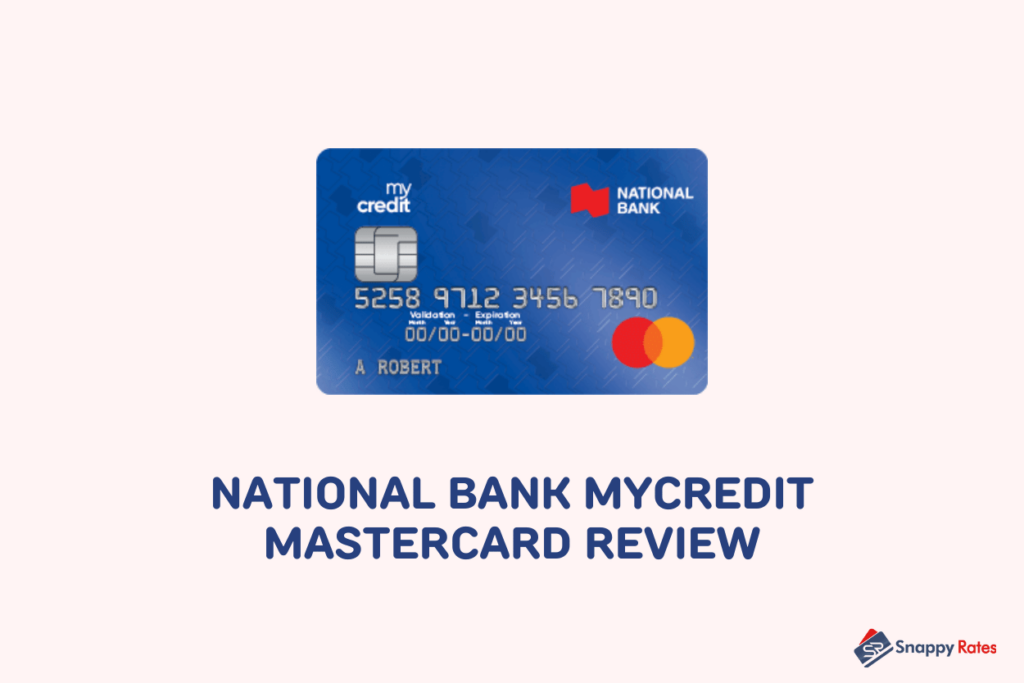If you are trying to increase or maintain your credit score, you may wonder how many credit cards you should have. Having too many or not enough credit cards can be a fast way to lower your credit score.
This article will help you understand how many credit cards you should have and how many are ideal for students to carry.
How Many Credit Cards You Should Have
While there is no hard and fast number of credit cards that you should have, for the majority of people, the ideal number of credit cards to have is two to three.
Having multiple cards can help increase your credit score as each card ups your available credit limit. As long as you keep your credit card balances low, this is a good strategy for improving your score.
Having more than three cards can start to get tricky. It becomes too easy to overspend, and then you may have difficulty paying down your balances.
Having a lot of cards can also make it difficult to keep track of all your payments. Missing monthly payments will lead to late charges and a lowered credit score.
How Many Credit Cards Students Should Have
If you’re a student, you may be wondering if the same guidelines apply to you. In general, students do best carrying just one card.
Without a strong credit history, one mistake can have huge consequences on your credit score. With all of the other work and deadlines students are juggling, only having to worry about one card may be the best strategy.
If you’re confident you’ll be able to maintain your payments, then having more than one credit card is something that you can look into.
How Many Credit Cards Do Most Canadians Have?
The average Canadian has just less than 2 credit cards. And in 2018, 33% of Canadians who held credit cards reported having one, another 33% had two, and 34% had three or more.
Pros and Cons of Having Multiple Credit Cards
Having multiple cards has both advantages and disadvantages. Here are some of the pros and cons of carrying more than one card.
Pros:
- Increased credit limits may lead to an improved credit score.
- More opportunities to earn rewards and cash back
- One can serve as a backup if another is compromised.
- You will have coverage in case of an emergency.
Cons:
- Easy to accidentally overspend
- More payment schedules to keep track of
- May lead to confusion and missed payments
- Opening multiple credit cards in a row can lower credit scores temporarily.
Final Thoughts
Having a good credit score is crucial. A high score will improve your chances of getting a car loan or mortgage, make landlords more likely to rent to you, and help you avoid security deposits on phones and other utilities.
Knowing how many credit cards to carry and keeping your balances low is one of the best ways to improve your score. Two to three cards are ideal for most people, while one may be a better number for students.
FAQ
How Many Credit Cards Can You Have in Canada?
There is no legal limit to the number of credit cards you can have in Canada. That does not mean, however, that more is always better. Consider how well you are managing the cards you have now before getting another.
Is It Too Much to Have 3 Credit Cards?
Having three credit cards is a reasonable amount for many people. The best way to determine if three is too many for you is to assess your personal financial situation. If you are in school or have other responsibilities that make it difficult to keep track of your cards, three may be too many. If you have issues with overspending, you may be better off with fewer cards as well.
How Many Credit Cards Should I Have for Good Credit?
For most people, two to three cards is the ideal number to have to build good credit. If you struggle to pay off your balances or find yourself missing monthly payments, your ideal number may be lower. Holding one or two cards that have a higher limit can also be a good strategy to increase your credit score.
What Is a Good Credit Limit in Canada?
The right credit limit will be different from person to person. Your total credit limit will depend on many factors, such as your credit history and employment status.
Carrying a higher total credit limit could increase your credit score if balances are kept low, but also has the potential to increase debt and financial problems.
Related:







